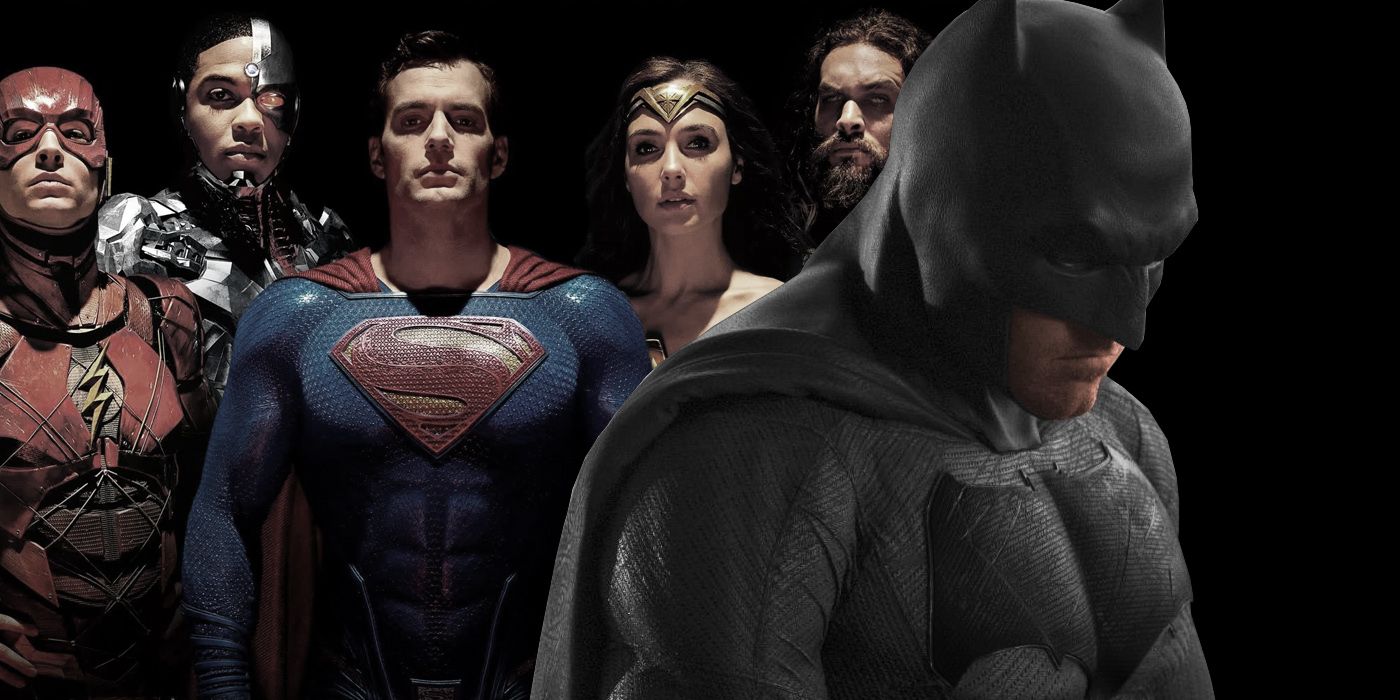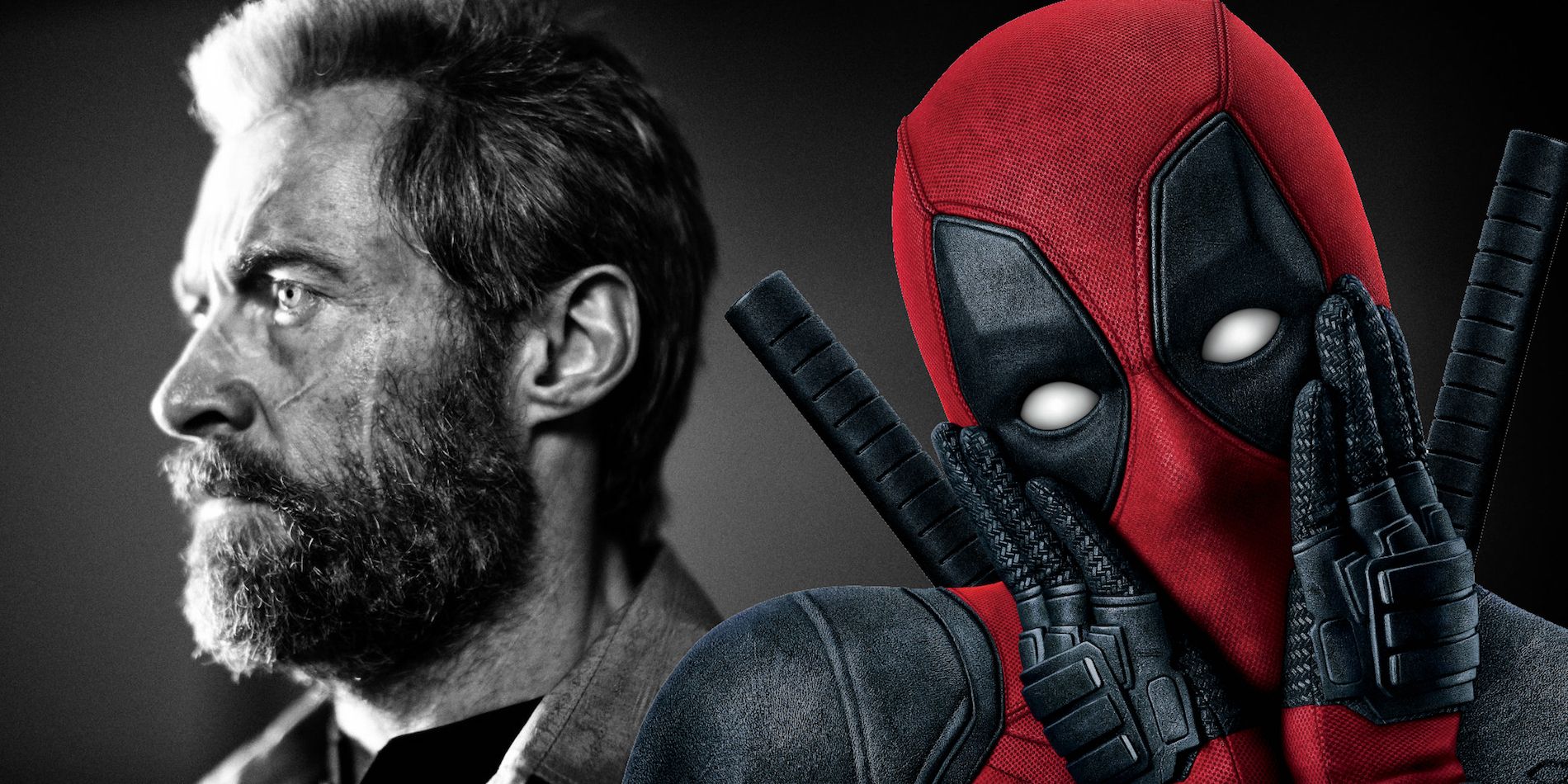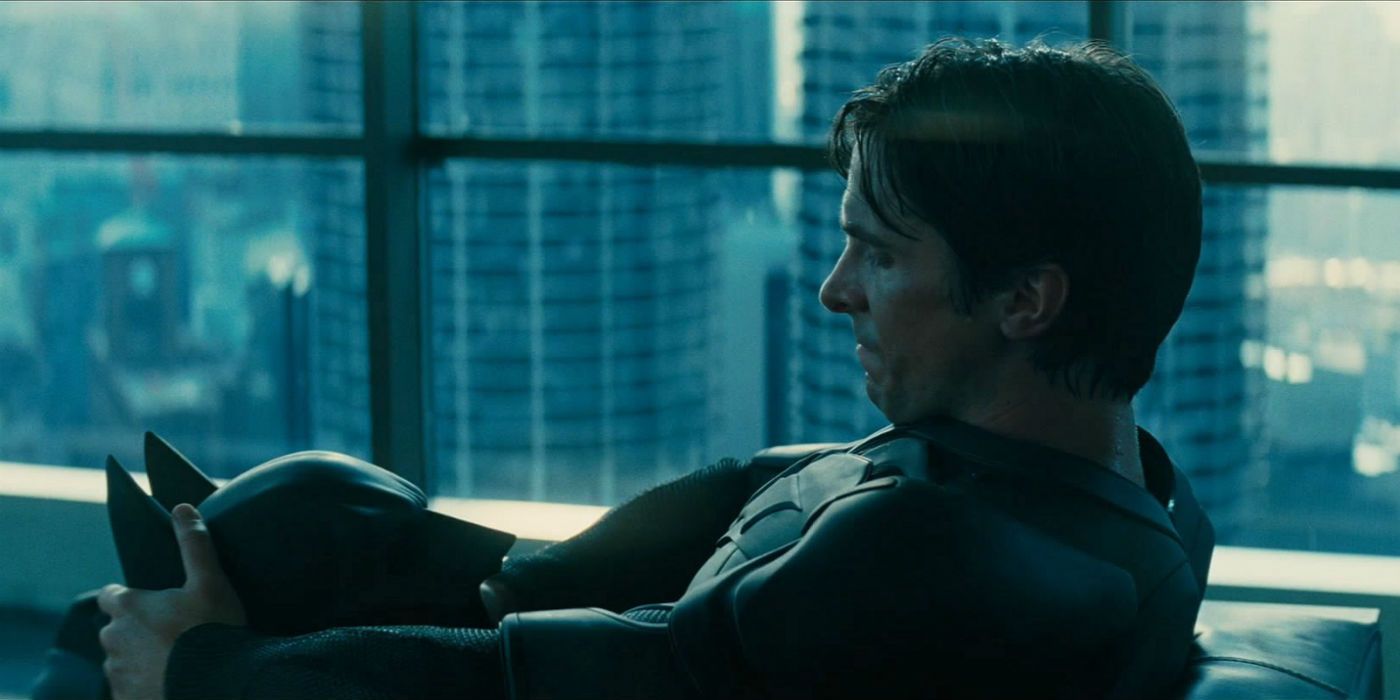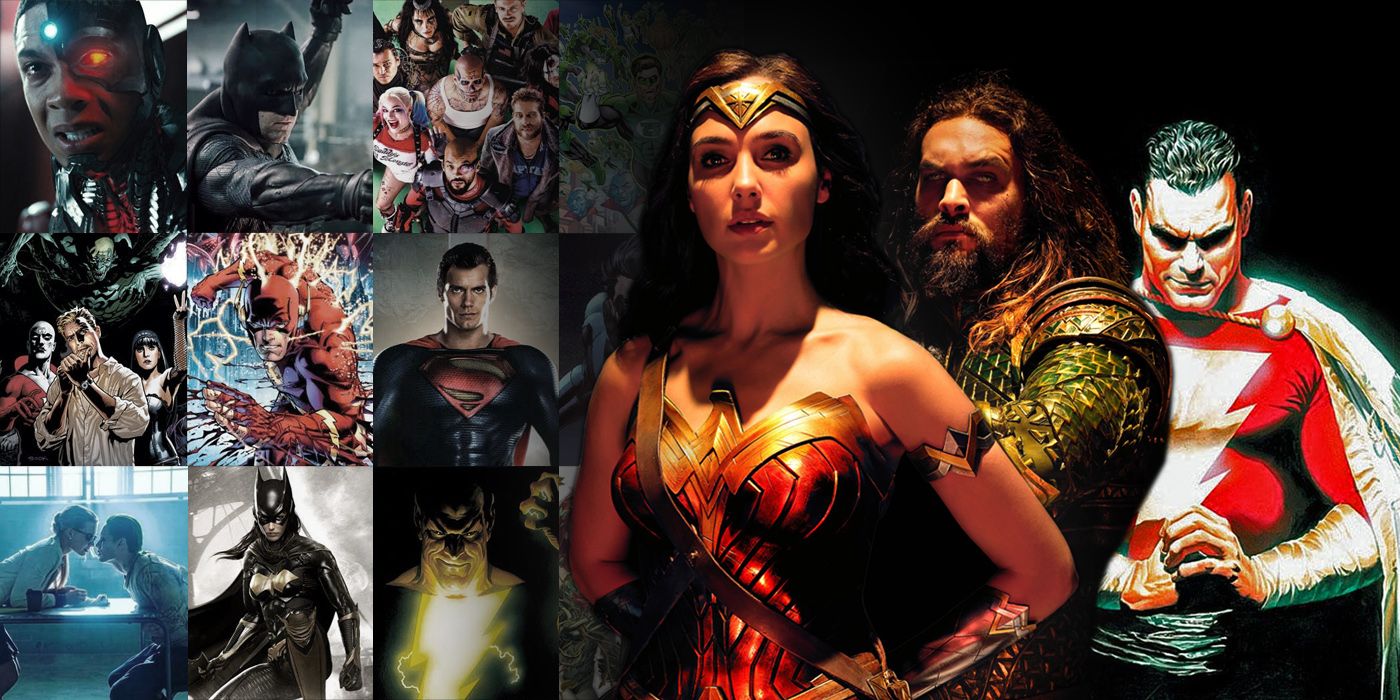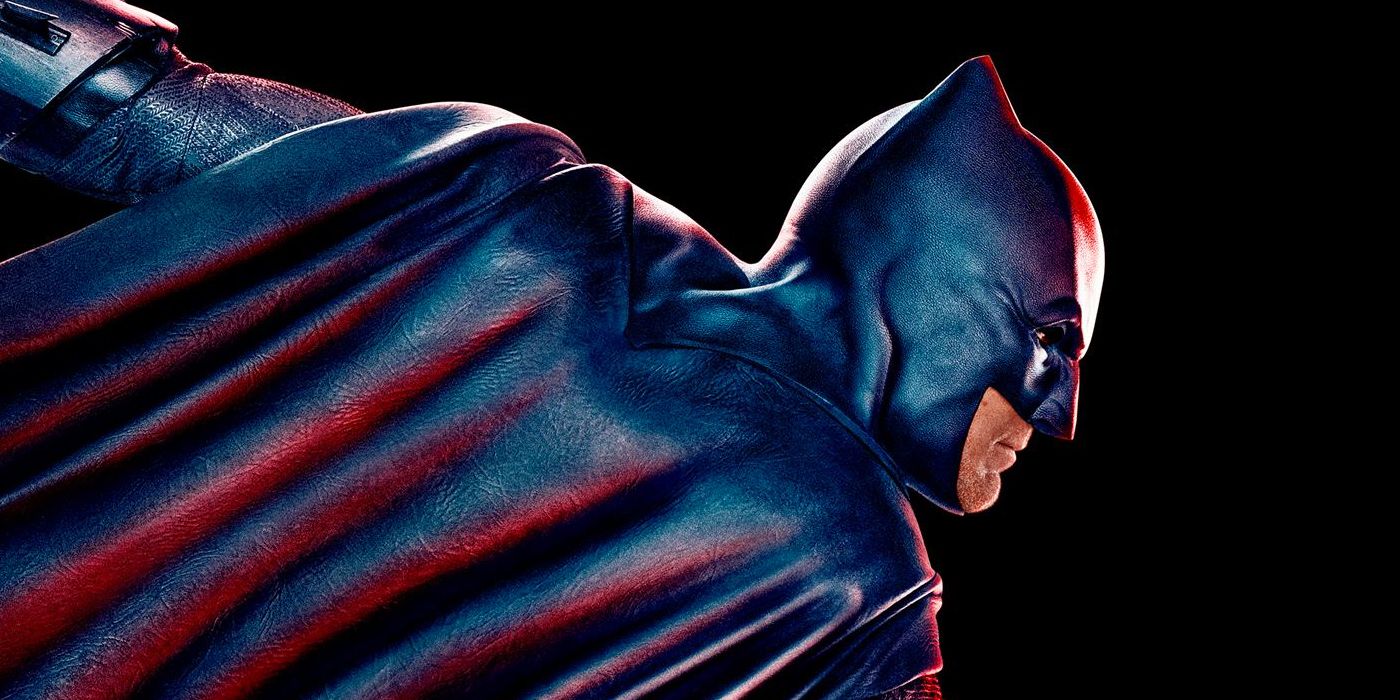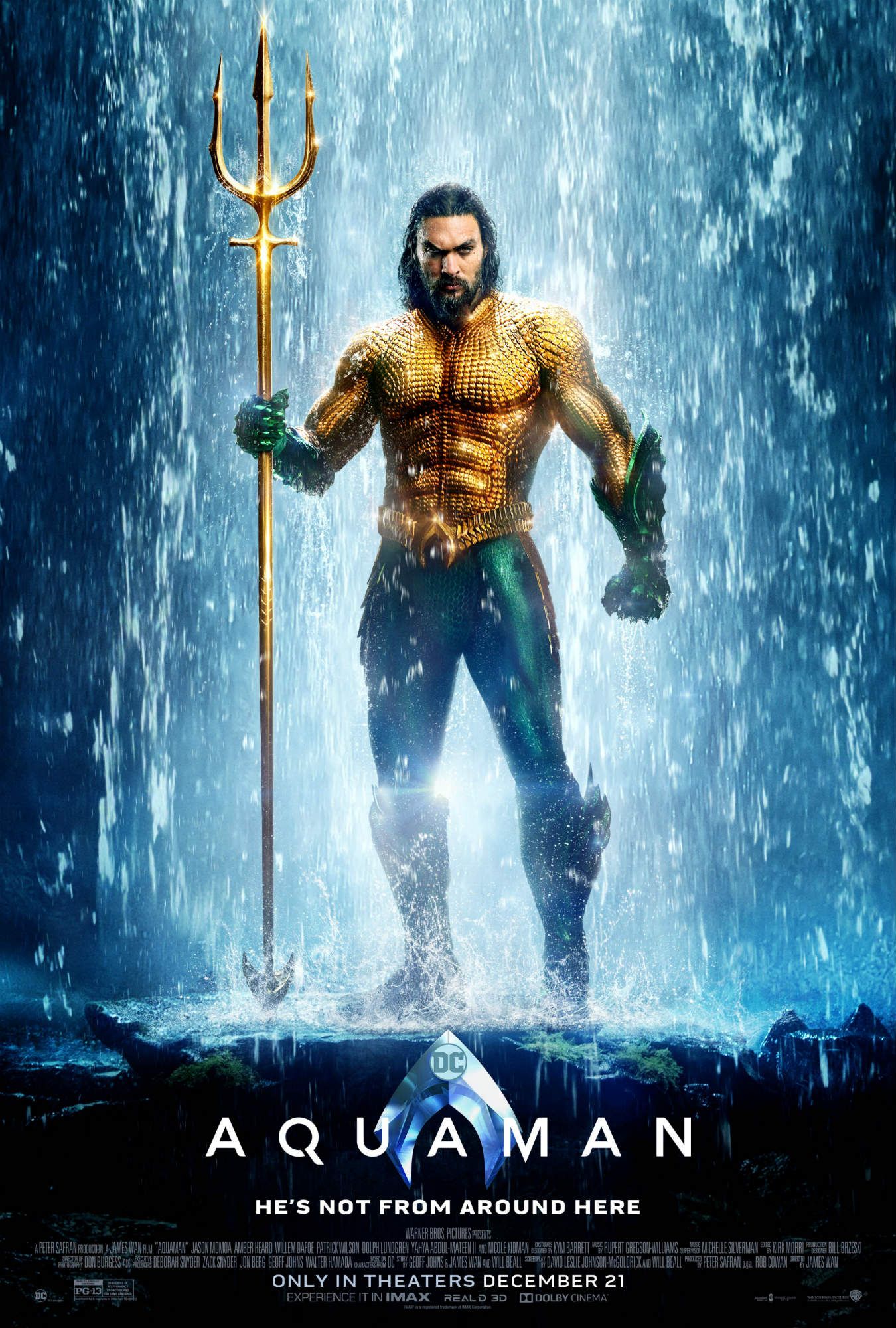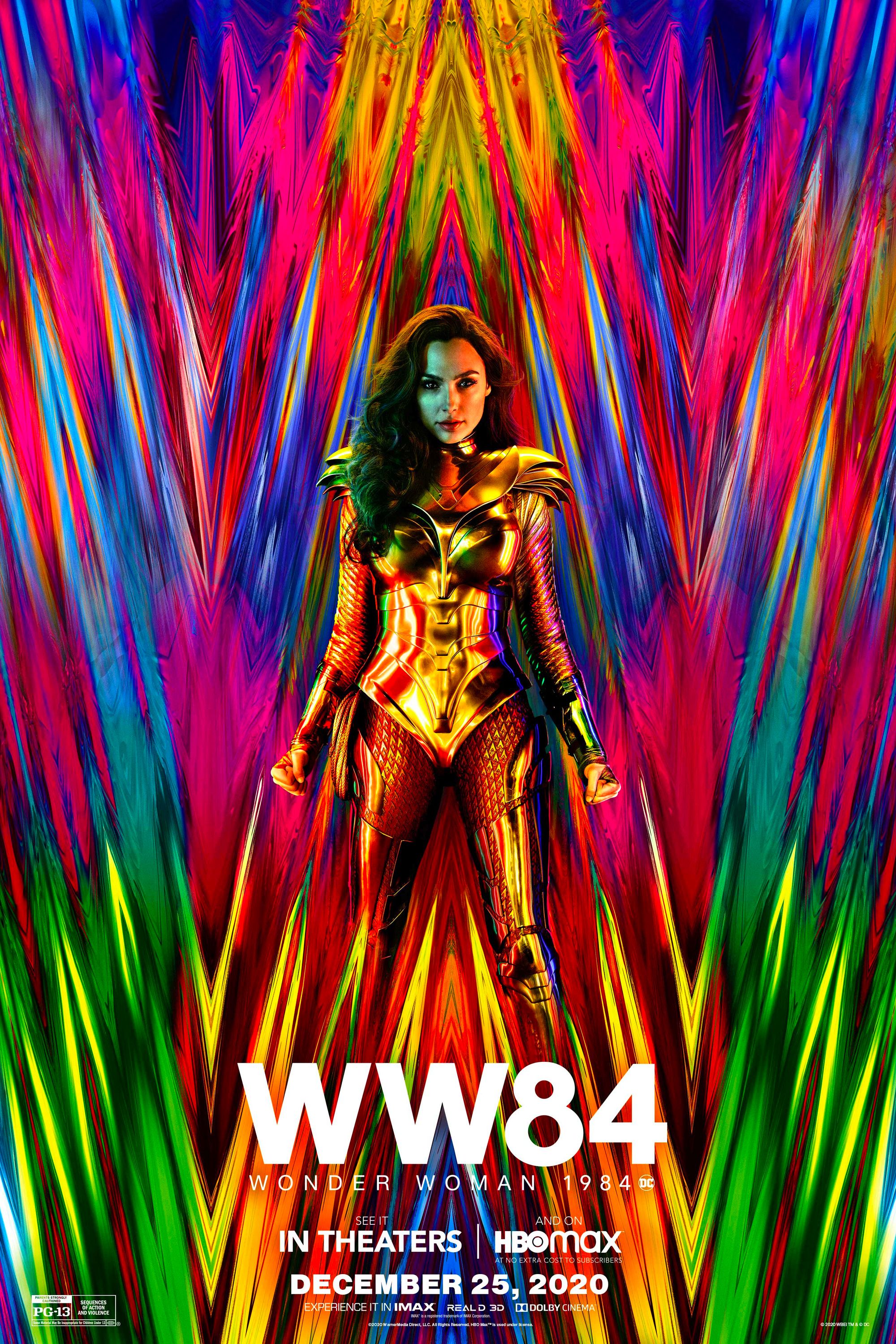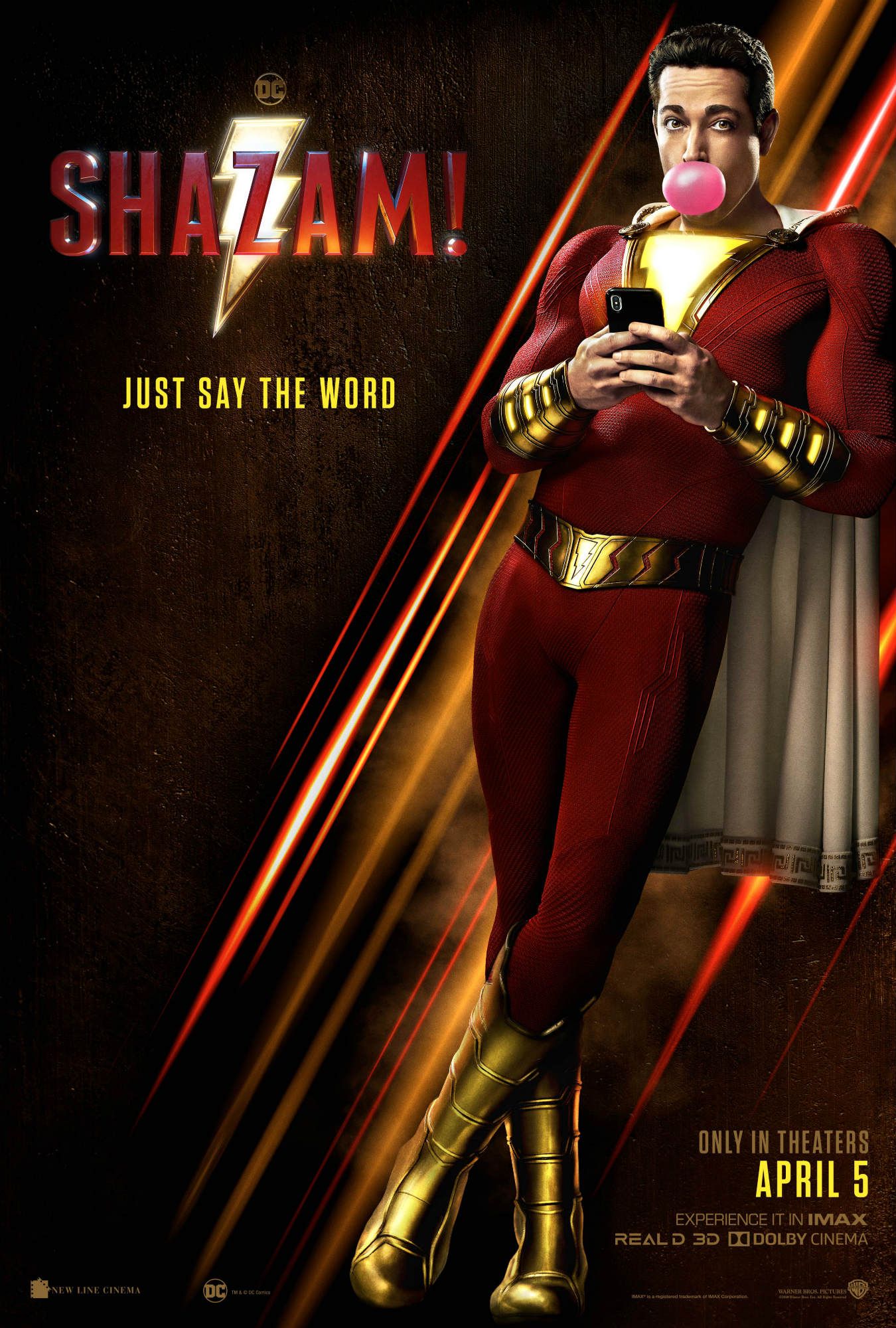Ben Affleck is reportedly out as Batman, and so it'd only be right for The Batman to now separate itself fully from the DCEU. The development of the standalone film for the Caped Crusader has been through a lot of changes over the past year, with Affleck stepping down as writer-director and replaced by Matt Reeves. Now it seems like he's out as the titular role too. While there have already been suggestions that Reeves wants to distance his project from the rest of the DC Extended Universe, with this final step it feels like the only course of action.
The Batman is currently still in pre-production, and with the future of the franchise unclear after Justice League it's not known when cameras will roll let alone when the picture will actually hit theaters. But whenever that winds up being, it's in Bruce Wayne's best interest for him to stand apart. Today we're going to look at why.
What's The Best Approach For The Batman? (This Page)
The Logan And Deadpool Factor
The shared universe model was started by Marvel back in 2008 and since then has essentially transformed modern Hollywood, with every studio now attempting to mimic their success. But we're actually going through another seismic shift in the superhero genre right now, one that fans and studios haven't quite acknowledged.
Related: Rumor: Jon Hamm Wants to Star in The Batman
It all started with 2016's Deadpool, a raunchy superhero comedy that took the world by storm. This was followed up this year with Logan. Hugh Jackman's swan song, this was a superhero movie crossed with a bloody and brutal Western. It was also another box office hit, grossing over $616 million against a budget of just $97 million. Fox is following this up with next year's New Mutants, a movie that essentially launches a superhero horror trilogy.
Fox has taken a much more flexible approach to the shared universe model than Marvel. Accepting that their continuity is convoluted (to say the least), they've chosen to just not tie their films together at all. That's allowed them to give their directors an unprecedented amount of creative freedom, leading to movies that are unlike any superhero films to date. It's proving to be a remarkable success, and The Batman would benefit from similar freedom.
This Approach Can Work For Batman
As we'll get into properly shortly, the shared universe model hasn't exactly worked out for Warner Bros. With the exception of Wonder Woman, each film in the DCEU has grossed less than the one before it. Fox's model, on the other hand, offers the chance to pivot to a different approach.
Batman is the ideal test subject for such an experiment, not least because DC Comics have been doing that with the Dark Knight for decades. Batman has far more standalone graphic novels than any other hero and so is most open to reinterpretation. With WB clearly dipping a toe in the "Elseworlds" waters with the Scorsese Joker film, it's definitely something the studio is thinking on.
Related: Batman's Uncertain Future In The DCEU
You can see the same pattern if you cast your eyes to the Batman films too. Tim Burton's 1989 classic was a moody and atmospheric film that essentially reinvented the Dark Knight, creating a whole new look and style for Gotham. Meanwhile, Christopher Nolan's trilogy was just as experimental for its time, a dark and atmospheric saga that's steeped in realism.
The DCEU's Future Is Uncertain
The problem with the shared universe model is that it doesn't reward this kind of approach. If a risk doesn't pay off, it damages the whole project.
Obviously, there have been three high-risk moments for the MCU itself, for example. The first was 2008's Iron Man; if the film had bombed at the box office, it would have risked damaging the entire MCU. The second was 2012's The Avengers, which needed to satisfy four years' worth of setup. And the third is next year's Avengers: Infinity War, which has to deliver on a decade of world-building. The pressure on these specific movies is intense.
Related: Marvel Crushed DC on the Film Side
Right now, every single DCEU film is feeling that same kind of pressure. Thus far, that's led to Warner Bros. interfering with their directors' visions, forcing corporate restructures every time a movie fails to perform as hoped, and potentially building up to a universal reset. As part of the DCEU, The Batman risks continuing the trend, or at the very least getting caught in the aftermath. To remove a key hero is, of course, drastic, but in terms of bigger brand and movie quality, it may be the safest bet.
It's Time To Give Batman A Chance
Reeves needs the same kind of creative freedom DC Comics have given writers like Frank Miller, Alan Moore, and Jeph Loeb. To create a Batman film unlike any we've seen before, its director needs to be freed from the pressure of operating within a shared universe, where every box office disappointment leads to another business reorganization, and where every creative decision has repercussions five films down the line. He also needs to be able to cast a Batman who suits his own vision, not one carefully chosen in order to suit an ongoing narrative that runs through countless films.
Ultimately, he needs the freedom of Logan director James Mangold. He dared to make a unique superhero movie, in part because he rejected the very idea of a superhero genre; Mangold essentially created a Western with superheroes in it. In exactly the same way, Warner Bros. has to allow Reeves the chance to move beyond the popcorn flicks. The best Batman stories have embraced a wide range of tones and styles, from Steampunk to detective noir, from psychological horror to grim dystopias. That's the kind of creative freedom Reeves needs to have - and, based on rumors around the time of his hiring, he got.
The great thing about this approach is that it doesn't actually involve giving up on the DCEU at all. If the new Batman proves to be a success, he can be carefully intertwined with the rest of the Justice League at a later date. After all, DC has done similar with the best standalone graphic novels; from The Killing Joke to Hush, the most beloved graphic novels have been gradually worked into the Batman canon. If the experiment doesn't pay off though, you just take a step back, wait a couple of years, and then relaunch Batman once again. Meanwhile, the DCEU continues without any further damage.
Related: How Matt Reeves' The Batman Will Differ From The Dark Knight
The shared universe model has weaknesses as well as strengths. So far, the sad reality is that the weaknesses have been very visible indeed when it comes to the DCEU. By changing tact and learning a lesson from rival studios, Warner Bros. can breathe life into The Batman once again.
Next: How Does Warner Bros. Fix Their DC Movies Problem?

